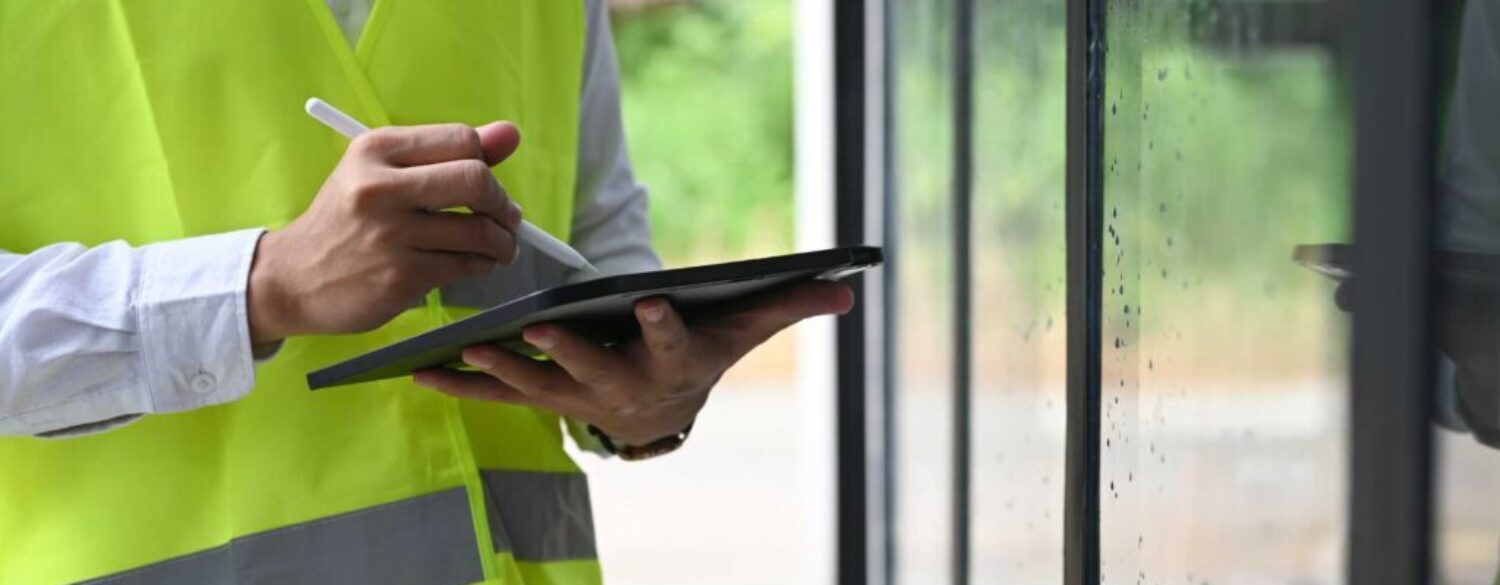Both homeowners and commercial property owners will at some point get their properties inspected. The purpose of both inspection types is to document the property’s condition and identify issues that may impact its valuation and insurance policies. But, inspections for these different properties vary in significant ways. Read on to learn more about 6 major differences between commercial and residential inspections.
Different standards
Home inspections and commercial inspections adhere to different standards. Commercial property inspectors must follow ASTM E2018-15, the Standard Guide for Property Condition Assessments: Baseline Property Condition Assessment Process. It outlines the different kinds of buildings inspectors may examine, who may conduct inspections, and other specifics related to commercial properties and working with businesses.
For home inspections, standard practices outline the following areas and systems to be inspected: roof; exterior; basement, foundation, crawlspace and structure; heating; cooling; plumbing; electrical; fireplace; attic, insulation and ventilation; doors, windows and interior.
For both commercial properties and homes, standards dictate that inspectors are not always able to identify latent or concealed defects.
Wide variety of commercial property types
Commercial property inspectors deal with a much larger variety of building types:
- Factories
- Shopping malls and retail stores
- Hospitals
- Restaurants
- Hotels
- Warehouses
- Sports facilities
- Auto dealerships
Home inspectors examine single family or multi-family homes, condos, or apartments, with much less variety in building type.
Liability and risk
Commercial property inspectors face a greater amount of liability and risk because the properties they examine are larger and more complex. If an inspector misses a defect within a commercial property’s HVAC system, for example, repairs or replacements may cost hundreds of thousands of dollars (depending on the size of the property). This is why commercial property inspectors must be covered by a sufficient amount of General Liability Insurance as well as Errors and Omissions insurance.
Home inspectors, on the other hand, examine smaller, less complex properties that do not cost as much to repair or maintain.
Pre-inspection requirements
A commercial property inspector must receive a number of documents from the property owner before an inspection: floor plans; blue prints; certificates of occupancy; environmental studies; appraisals; records of maintenance, and fire history records (among others). A home inspector doesn’t need documentation prior to inspecting a home.
Clientele
Commercial property inspectors deal with business people and industry professionals who are concerned about how a property’s condition may impact revenue streams. This kind of clientele deals with larger sums of money and understands the larger financial impacts that property repairs may have on a business.
Home inspectors usually work with individuals or families who may not know a lot about home systems or maintenance. This means that sometimes a home inspector also plays the role of teacher or mentor, especially when working with new homeowners, by explaining how certain home systems work or recommending repairs.
The final reports
The final inspection report for a commercial property covers issues that may impact the building from a physical and financial standpoint, and considers possible risks for building occupants and visitors. A home inspection report can be more straightforward because it covers less square footage and is geared toward private residents rather than businesses.
If you’re looking to schedule a home inspection, contact South Sound Inspections today for objective, unbiased expertise.



